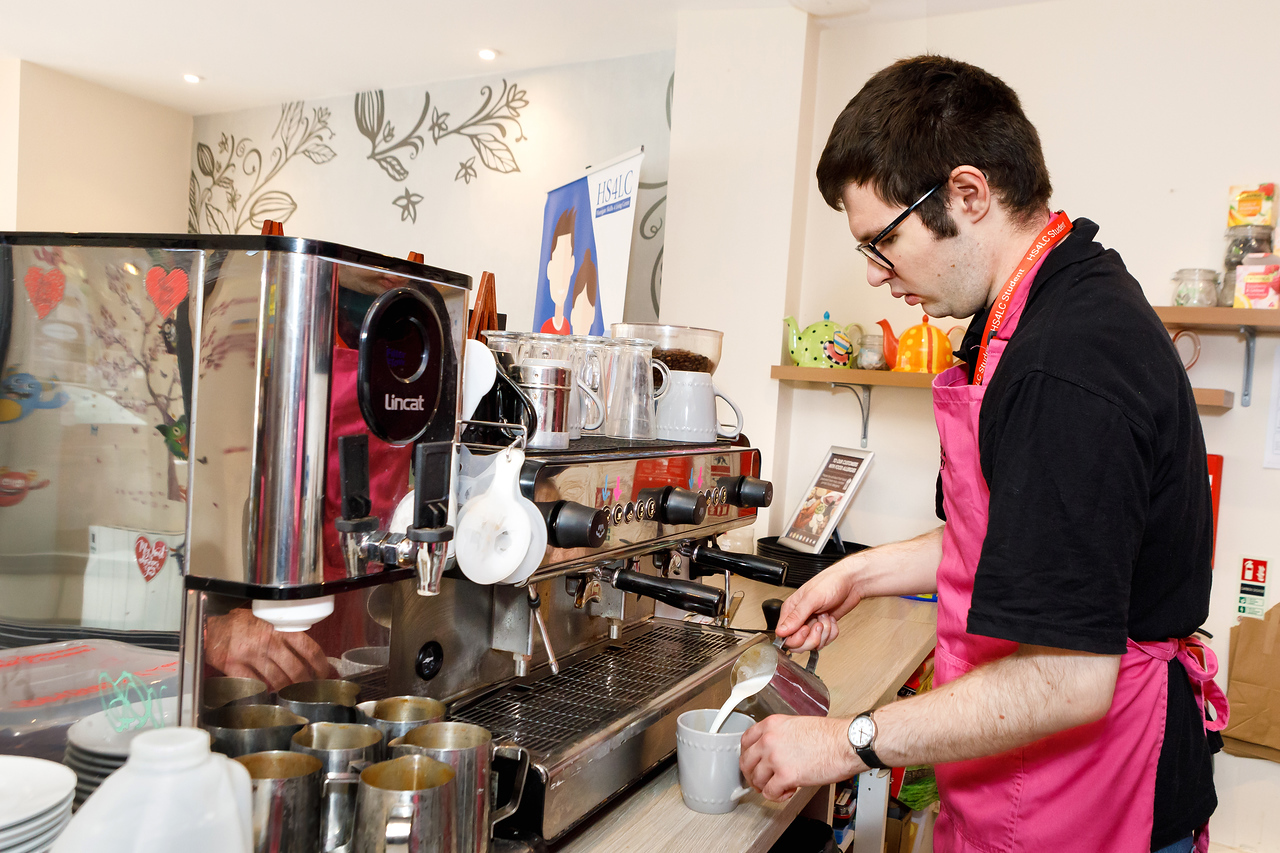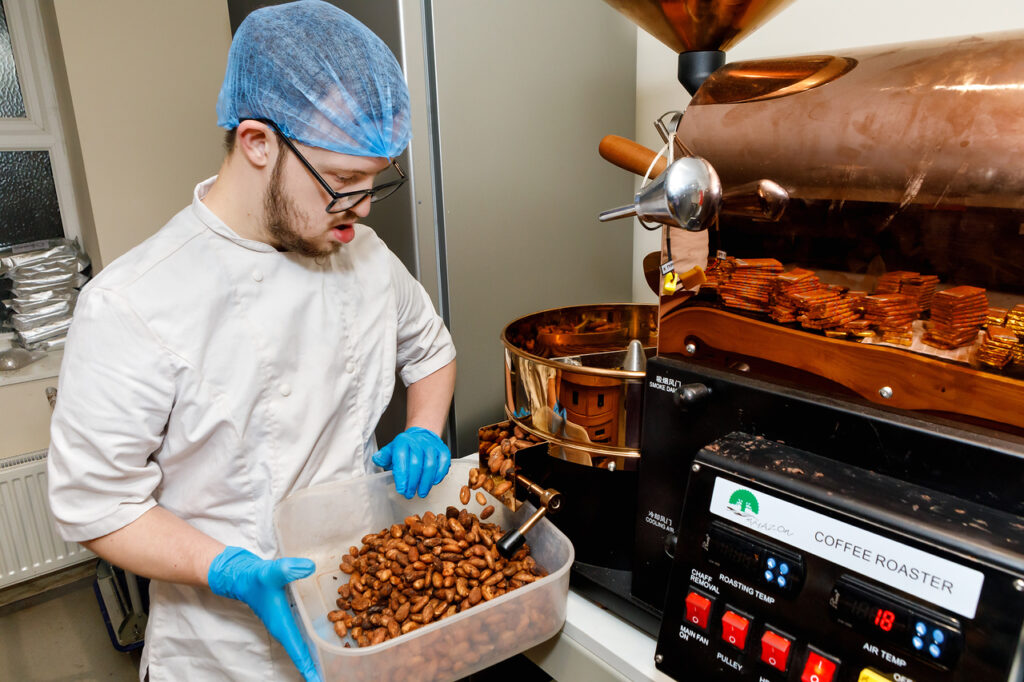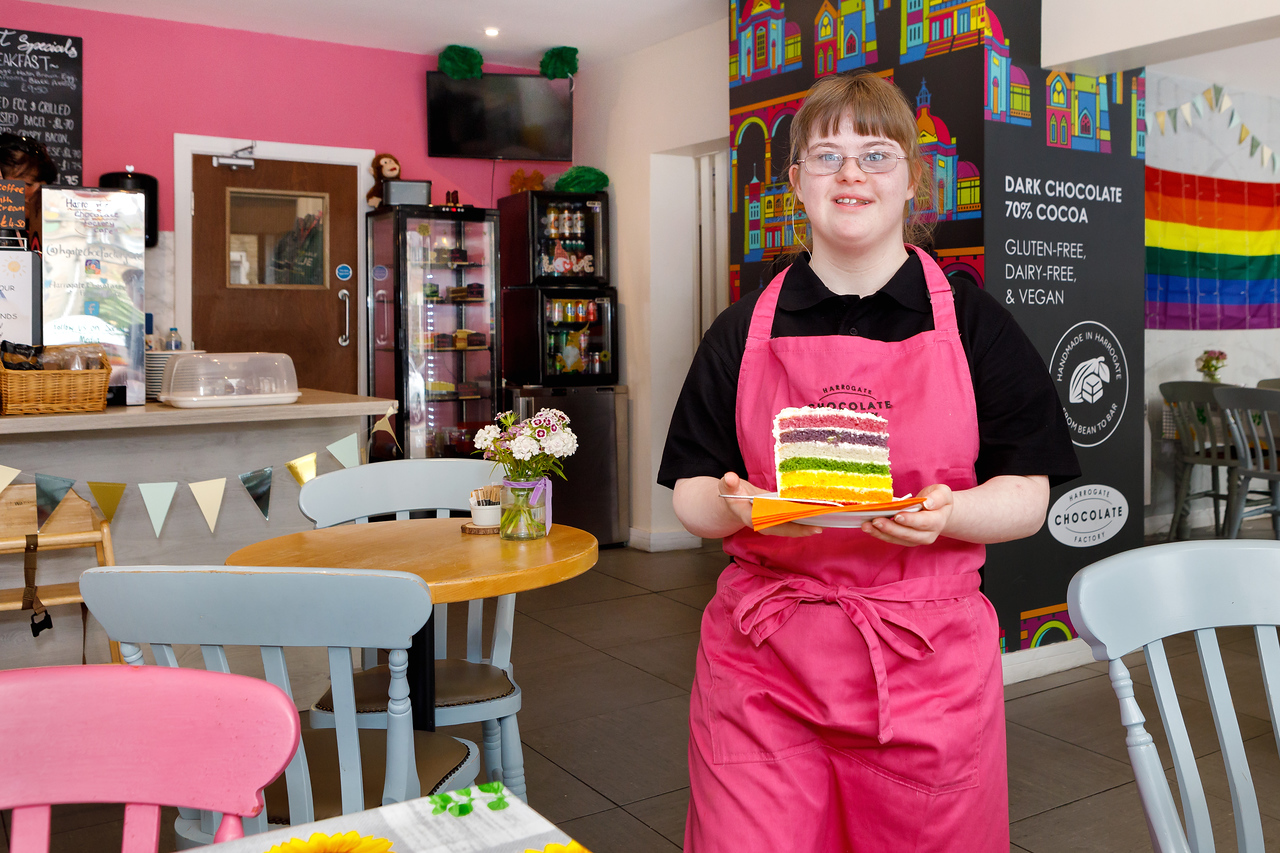Many UK companies are showing their commitment to closing the autism employment gap – from providing specialist training for colleagues to innovatively changing their hiring process.
Just three in ten autistic adults are in work, according to statistics from the Department of Work and Pensions, compared with half of all disabled people and eight in 10 non-disabled people.
In 2019, Auto Trader became the first business to receive the National Autistic Society’s Autism Friendly Employer award. This was in recognition of work they did to develop specialist standards across recruitment, staff awareness of autism and support for autistic employees.
Sarah Brookes-Pearce, Auto Trader’s head of early careers, said: “Neuro-inclusivity has been central to our Diversity and Inclusion strategy for years.
“In 2018, we started working closely with the National Autistic Society and we found that some of the smallest changes were the most effective – like numbering meeting rooms and adding clearer signage, providing quiet spaces, and being mindful of stimuli like food smells and lighting.
“We aim to keep learning, keep talking, and create a psychologically safe space to enable our colleagues to have a great career. And we’d love to see more businesses join us and share their learnings on this journey.”
Chris Murray, 52, is the Skills Bridge lead of Harrogate Skills 4 Living, a charity which aims to reduce inequalities and support people with learning difficulties and autism. It offers a supported employment service, as well as offering work placements at its café and chocolate factory.

He said: “There is a huge need for a service for autistic people entering employment. Our workplaces are safe places for people with autism and learning difficulties to learn skills for work, build confidence, make friends, and not feel so isolated. It also gives employees a chance to earn their own money and gain independence.
“Everything we do at Skills Bridge is geared towards our learners leaving us and hopefully going into employment in the local area. We support the people who come to us to look for outside opportunities. We have great relationships with local employers where we introduce learners to different workplaces.
“We educate and inform local employers about the benefits of employing people with autism and the adjustments they can make to their recruitment policies and procedures.
“Innovative change is needed for employers to rethink the recruitment process. In person trial shifts can be a much better measure of an autistic person’s potential than a traditional CV and interview.
“Simple things like not hot desking for autistic employees and letting them know their tasks ahead of time can make a huge difference. It’s not enough just to say you have an EDI policy or that you are a disability confident employer. You need to act on it as well.”

Another company leading the way for recognising autistic potential is Park House Barns, a chocolate studio and horticulture centre near York, offering employment opportunities for autistic adults.
The social enterprise offers a variety of roles for different levels of ability, working to individual strengths. Over half of their paid employees are on the autism spectrum and on average, they offer 160 placement sessions each month for young people to develop work skills on site.
Manager Michelle Lumb said: “It’s very rewarding when you’ve got a young person who has really struggled to get a job, or who has been out of work for a while, and they find something here that works for them.
“A lot of these kids are coming from school or college and have never been in a workplace. We provide a place where they feel safe, doing a job which is fulfilling and makes them happy.
“The biggest thing for me here is that I understand my staff. You have to work for people that understand your condition. We are a team, and we play to everybody’s strengths. In some ways, autism can be a bonus because a lot of my staff won’t stop until they have finished a specific job.
“There are a lot of hard workers here. If you can provide the right setting, they can work just as well, if not better in some cases, than anybody would.

“Companies need to learn about autism and how people with the condition can contribute to their business as opposed to seeing it as a problem.
“I think things are improving and there are a lot more businesses now doing specific courses to learn about autism and teaching their staff about the condition. Awareness is key.”
The National Autistic Society provides a range of resources and autism-friendly guides to help businesses understand the needs of autistic employees.
To sign the campaign for all businesses to have autism awareness training, click here.


